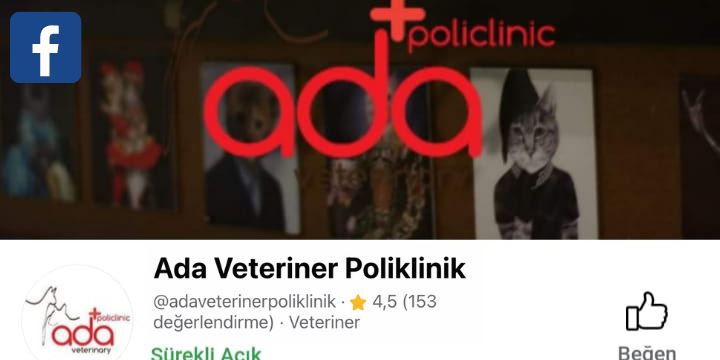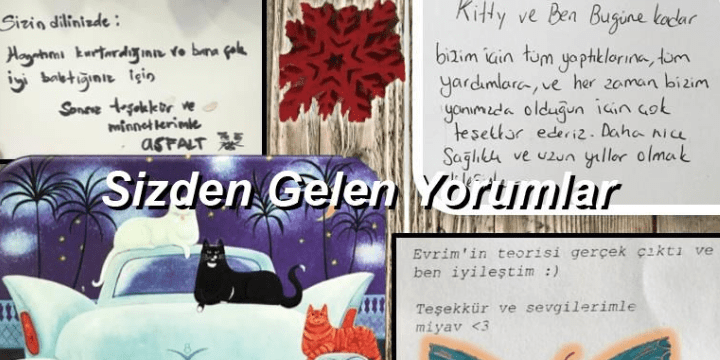EXOTICEXOTIC
Basic Bird Care Guide
You petted a new bird and started using online resources to learn about what to look out for. By spending time in blogs prepared for pet birds, you tried to get the information of the experienced bird owners and read the articles prepared on this subject. But after a while, you saw that these recommendations began to contradict each other, and you were confused on what was right and what was wrong.
In order to get rid of information pollution, we prepared this series of articles as health professionals.
Nutrition
Nutrition and related diseases are the most important issues to consider in the basic care of birds. All the feeds sold for pet birds and parrots, which you can find in markets and pet-shops in our country, are unfortunately inadequate for the content regardless of the brand.
The most common mistake in the care of pet bird is to create a nutrition program consisting of only oilseeds in its feedbox (sunflower seed, etc.). Considering the normal nature of your bird, an appropriate diet should include many vegetables, fruits and seed fodder. Nowadays, the general nutrition program recommended by bird physicians is as follows:
It should be composed of 60-70% formulated pellet feeds, 20-30% vegetables and 5-10% fruits. Unfortunately, there are not yet any professional feed brands producing pelleted feed for species (such as Harrison’s Bird Food, Kaytee and Mazuri). The right thing to do is to get these brand feeds from abroad if possible. Otherwise, by consulting your veterinarian and choosing appropriate seed-based feeds, create a nutrition program for your bird.
Conditions
A healthy bird can comfortably tolerate room temperature at 20-25 degrees. However, sudden temperature changes in the environment are potentially dangerous for a bird with symptoms. The sick birds may need higher temperature and humidity.
Humidity
Domestic birds are capable of adapting to moisture increases or decreases, but some tropical birds may need higher humidity. Therefore, it is possible to provide suitable moisture by spraying the wings of such birds frequently with water.
Light and fresh air
The direct sunlight (no filter in the glass) is very beneficial for the health of the birds. In sunny weather, it is very convenient to take the bird out with its cage, of course by providing a shaded spot. Alternatively, the use of large light spectrum fluorescent lamps capable of providing the necessary UVA and UVB rays that are sold exclusively for birds can be used to simulate natural daylight periods within the home.
Shelters for birds
Cages
If you are going to keep your bird at home most of the time, we recommend that you use the widest possible cage. The cage should not be easily bent or removed by the bird, and should also be made of non-toxic, easy to clean and sheltered material. An ideal cage should allow the bird to open and flap its wings comfortably. Also, when the bird is standing, its tail must be in a way not to touch the bottom part of the cage.
Perches
Clean, easily replaceable, suitable sizes, natural, pesticide-free and non-toxic tree branches such as citrus, eucalyptus, Australian pine should be used. Natural tree branches due to their non-flat shapes can give suitable pressure to different parts of the foot of the bird. These branches should be cut in appropriate dimensions, brushed with detergent, rinsed and dried in the sun. Plastic perches is not recommended because they are slippery may cause medical problems when eaten by pet birds. In addition, sandy paper and perch rasps are other types of perch that should be avoided because the bird will cause serious damage to the soles of the foot. The perches should be placed in the cages that allow the bird to reach the food and water easily.
Food and Water Containers
Using large bowls instead of deep containers makes the dish more appealing and becomes more encouraging for birds. Stainless steel, terracotta and hard plastic materials should be used after cleaning and disinfection required for the health of the bird. Water can be presented on a plate or in tubes. Birds often chew food containers with more space and boredom.
Daily cleaning of the cage base and feeding troughs can protect the bird from potential diseases, as well as helping you control your bird’s stool and appetite. So, you can guess whether your bird is sick or not.
Cage Base
Instead of wood pieces, corn crumbs, cat sand pads, you should use newspapers, paper towels or other simple cage papers. Wood chips and sawdust make dust and irritate the bird’s respiratory system. With the use of materials such as newspaper paper, the number and appearance of feces can be monitored more easily.
Privacy
Most birds benefit from concealment in the cage, e.g. paper or wooden box, which increases the sense of security. Especially small birds use these slots in order to hide. These types of boxes can be attached close to the ceiling of the cage.
Activity
For some species, exercise facilities such as flying at home should be allowed. Most birds are intelligent and active animals and the cage should be placed close to the family activity at home. More non-social species are comfortable when they are placed in a quieter place.
Toys
Toys are useful for creating mental exercise, encouraging physical exercise and facilitating beak peeling. However, the toys should be chosen with the safety of the bird. Chewable toys, tree branches, pine cones, natural fiber threads and soft white pine materials are preferred. The most important thing to consider about accessories is that even if all of the toys are in the cage, there must be enough space to allow the bird to fly and move without hitting objects. Rotating the toys allows the bird to keep its interest in toys longer.
What to avoid
• Sandy paper (nail file) covered perches
• Easy swallow toys and toy parts
• Access to toxic house plants, ceiling vents, cats, dogs and children
• Wolf boxers and mite sprays
Contact Ahmet Kara
Veterinarian
Member of the International Society of Bird Physicians
[email protected]



